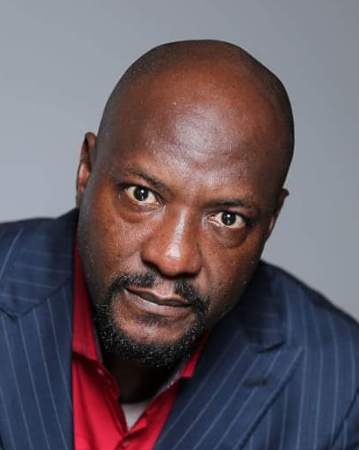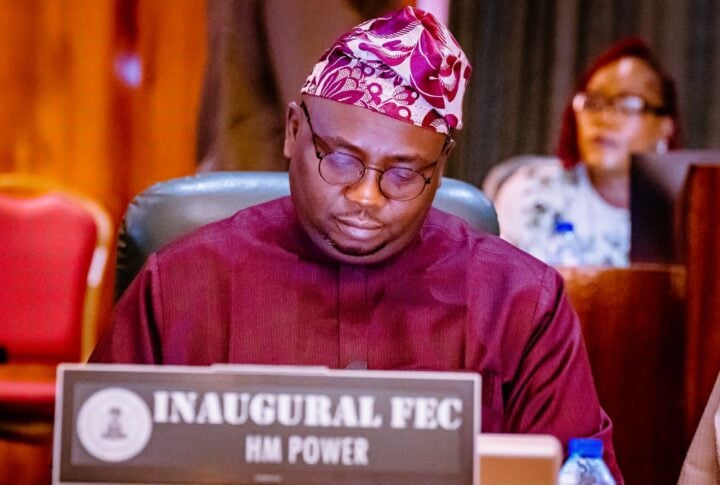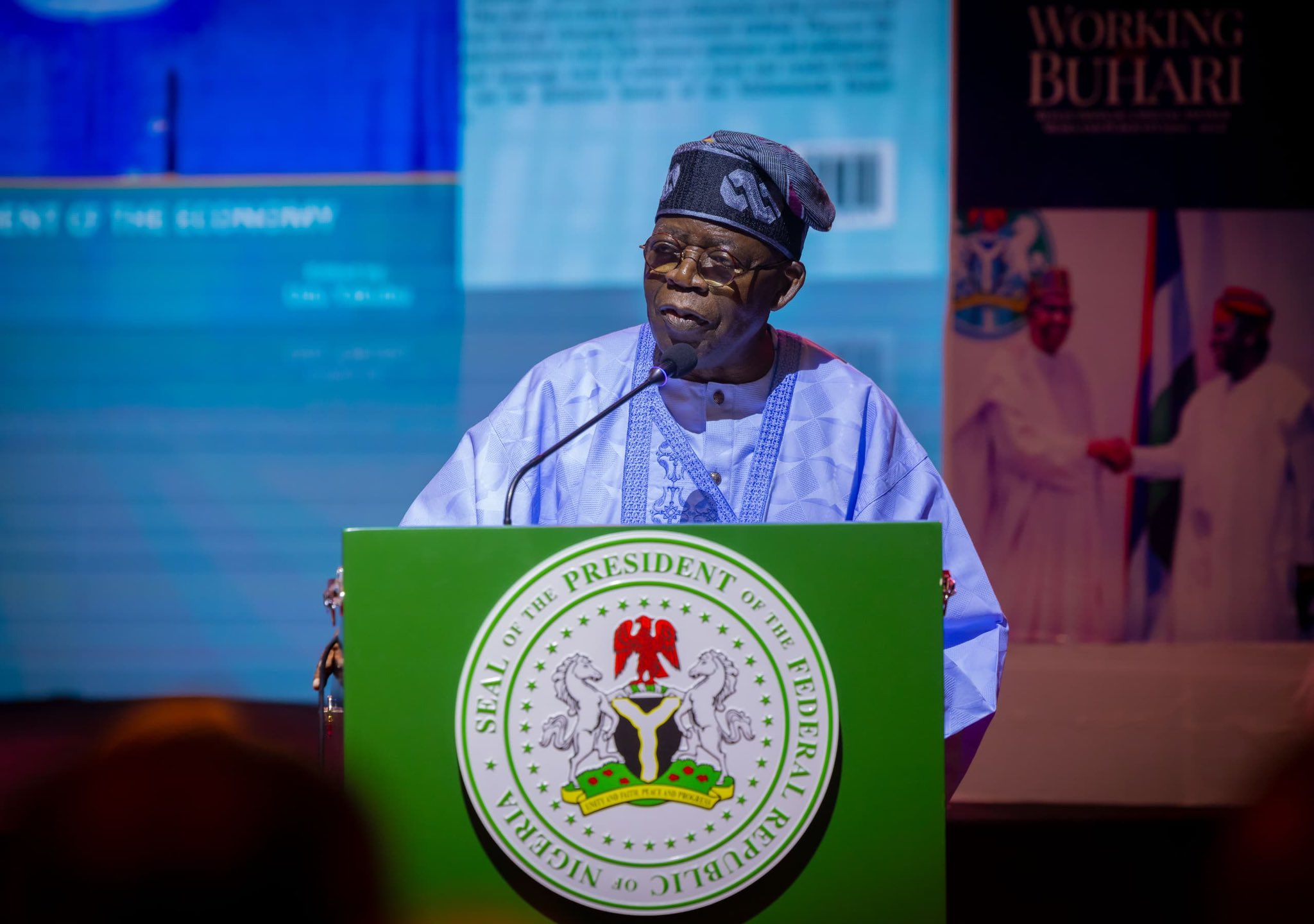At an event hosted by 21st Century Media Services, publishers of 21st CENTURY CHRONICLE at the Abuja Continental Hotel last week, Vice President Kashim Shettima implored Nigerians to be patient with the Bola Tinubu administration as they steer the country through the economic turbulence that they met on ground on assumption of office.
He also stated that the year before they resumed office, Nigeria’s debt service ratio had grown to 111.8% which effectively means that Nigeria was spending more money to service her debts than the revenue accruing to the country. In other words, Nigeria had reached a stage where we were borrowing more money to service existing debt obligations which meant that we were technically insolvent.
That the current administration inherited an economic mess was not news to the majority of Nigerians, rather what most people found amusing is that the current administration found it convenient to blame the previous administration for the economic mess the country is currently in while playing down the fact that they were active enablers and supporters of the Buhari administration that they are now blaming.
Not only did they enable the Buhari administration, but the current president was stated to have played a very active role in the formulation of the economic policies of the Buhari administration as admitted by Mrs Kemi Adeosun the erstwhile finance minister in the Guardian newspaper report of the 29th of March 2017. Effectively speaking, the current president should also share part of the blame for the failure of the economic policies of the Buhari administration instead of parading himself as someone who has a solution to a problem he played a key role in causing or dissociating himself from the cause of the problem.
Advertisement
The Vice President also appealed to rhetoric in trying to convince Nigerians that they were doing something to improve the economy by making claims about activities in certain sectors of the economy while omitting to address the real issues that are crippling the economy and thus exposing his lack of grasp of the economic challenges that the country is currently facing. This is very worrisome because he is constitutionally supposed to be in charge of the economy.
The biggest cause of the current economic challenges facing the country was the fiscal indiscipline of the Buhari administration which led to the government borrowing excessively from every available source and even getting the CBN to make over 23 trillion Naira in Ways and Means advances to the federal government contrary to the CBN Act and our Fiscal Responsibility laws just to fund the excesses of a corrupt bureaucracy. This is what caused the excess liquidity in the system that led to the crash in the value of the Naira and the steep inflation that accompanied it.
Rather than for the current administration to address this issue of fiscal indiscipline and cut down on government excesses and excessive borrowing, they have continued in the footsteps of the Buhari administration and doing the same things done then to plunge the country into the current economic mess that we are in.
Advertisement
In fairness to the current administration, they did attempt to stop the payment of petroleum subsidies which was perhaps the biggest drainpipe on the revenue of the federal government but they made a mess of it with their haphazard implementation of the policy which betrayed the fact that it was not well thought out before implementation. The subsequent floating of the Naira was also very poorly implemented. This resulted in the crash in the value of the Naira and a chain of events that saw the federal government resume the subsidy payment through the back door. Effectively speaking they took the economy on a rollercoaster ride only to end up paying more subsidy than they were paying before their misadventure.
Rather than admit that their economic policies had failed due to poor implementation and not addressing other critical fiscal discipline issues, the Vice President decided to exonerate their administration by claiming that the other leading presidential candidates also planned to remove the subsidy if elected.
While this is true, it is doubtful that they would have done it in a haphazard way as was done by the current administration. Unlike the current president who avoided explaining to Nigerians how he planned to fix the economy, the two other leading opposition candidates took their time to explain in detail how they intended to address these problems and they both demonstrated a good grasp of the issues involved.
In the case of the former vice president who as chairman of the National Economic Council was in charge of the economy between the years of 1999 and 2007 when Nigeria experienced the most rapid economic growth in its history, we know that he has a firm grip on economic issues. Being an astute and very organized administrator, in the run-up to the election he presented his manifesto in which he explained in very detailed terms how he intended to address the economic challenges bedeviling the country.
Advertisement
Prominent in his manifesto was his $10 billion economic stimulus plan which would have been funded mostly from the money saved from stopping the payment of fuel subsidy. The stimulus plan was targeted at funding Small and Medium Scale Enterprises with a special focus on the productive sector of the economy. As a result of this, the money being spent on subsidizing the consumption of fuel would have been channeled to fund more productive activities in the country which will not only create millions of jobs across the country but also increase the average income of Nigerians and thus compensate them on a sustainable basis for the removal of the fuel subsidy.
The candidate of the Labour Party, Peter Obi also demonstrated that he would do things differently, especially with his “consumption to production mantra”. He displayed a very good understanding of the cause of our economic challenges by identifying the profligate consumption pattern of the Buhari administration as one of the biggest problems bedeviling our economy and his resolve to put an end to the reckless spending and channel the money to more productive sectors of the economy was unquestionable given his antecedents of being a very prudent manager of resources as governor of Anambra state.
In contrast, going by President Bola Ahmed Tinubu’s antecedent as governor and leading political figure in the country, he practiced a system of political patronage that demanded that he always oil his political machinery, and as a result of this rather than being prudent with resources, he is quite liberal as he wants to keep those around him happy and this is what resulted in supplementary budgets for the judiciary and the National assembly as soon as he was sworn into office.
This is the reason why he also made funds available for members of the National Assembly to buy exotic SUVs for themselves while the rest of the country was groaning due to economic hardship. It was this reason as well that the president chose to look the other way when the National Assembly padded the budget with over three trillion Naira worth of fictitious projects to the detriment of the country.
Advertisement
For Nigeria to start experiencing real economic growth, the government needs to drastically reduce the cost of non-productive government expenditures and allow these resources to be channeled to more productive sectors of the economy to stimulate growth. This is what Atiku and Obi both being seasoned private sector players would have done differently going by their antecedents.
Oshobi, a development economist, management consultant, and author writes from Lagos.
Advertisement
Views expressed by contributors are strictly personal and not of TheCable.







